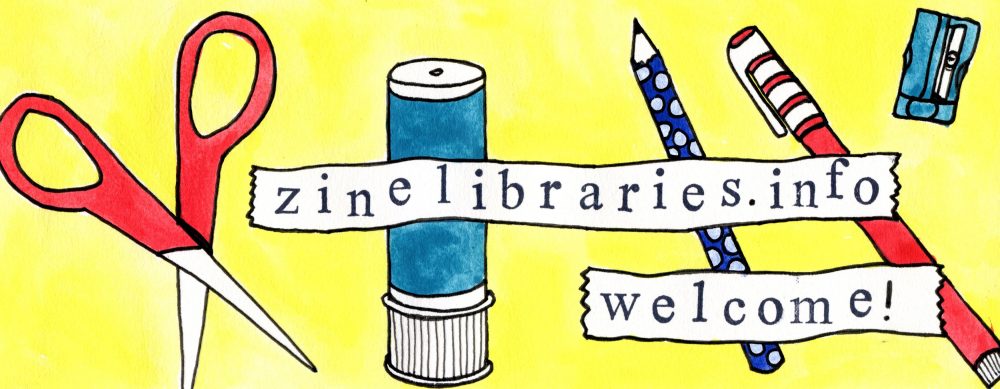The Washington Post‘s The Lily recently published a 22-page zine in celebration of its first anniversary, and Lily digital editor Ashley Nguyen talked to a number of zine librarians and enthusiasts to talk about what zines mean to them and why libraries collect zines. Zine librarians consulted include:
- Malana Krongelb (Brown University)
- Meg Metcalf (Library of Congress)
- Shannon Keller (New York Public Library)
- Kelly Wooten (Duke University)
- Jenna Freedman (Barnard College)
- Hana Zittel (Denver Zine Library, Denver Public Library)
- Jeremy Brett (Texas A&M University)
Take a moment to check out the article and the great list of some of the contributors’ favorite zines from their libraries’ collections!
